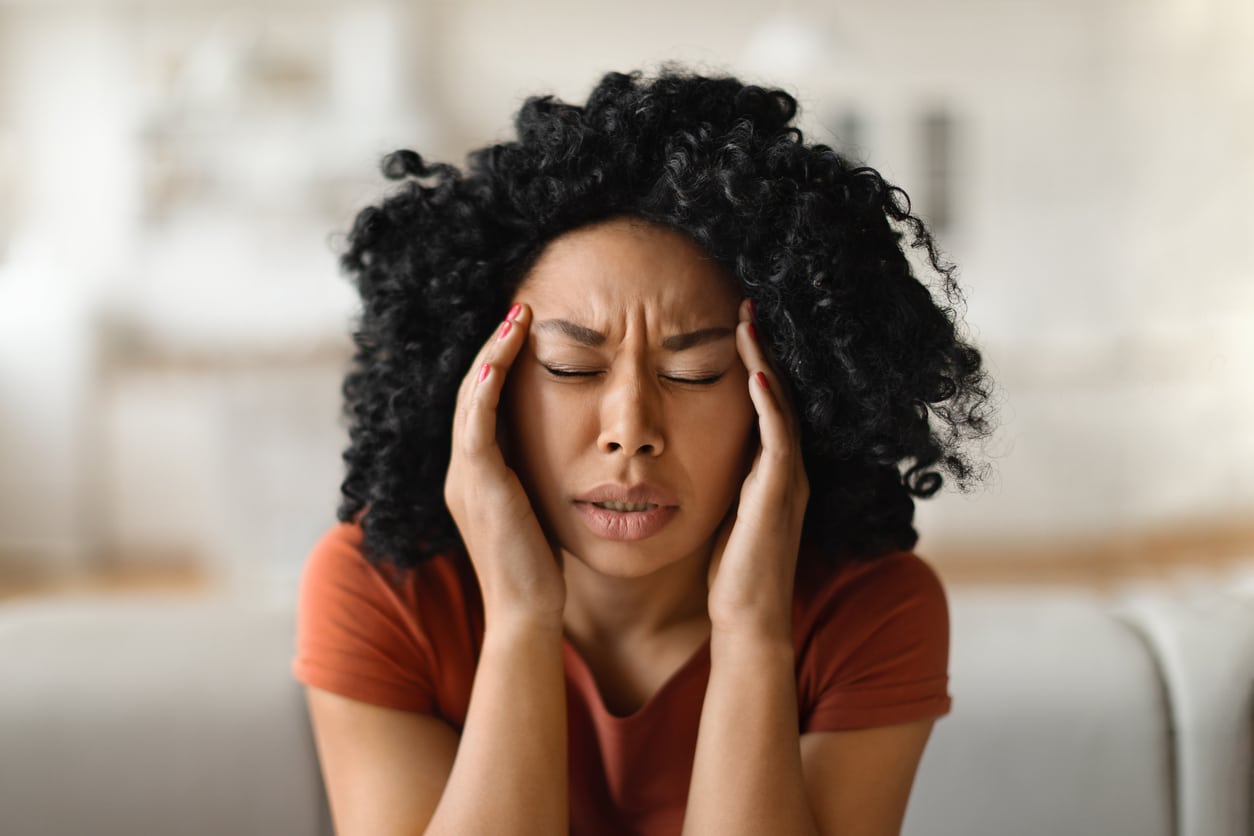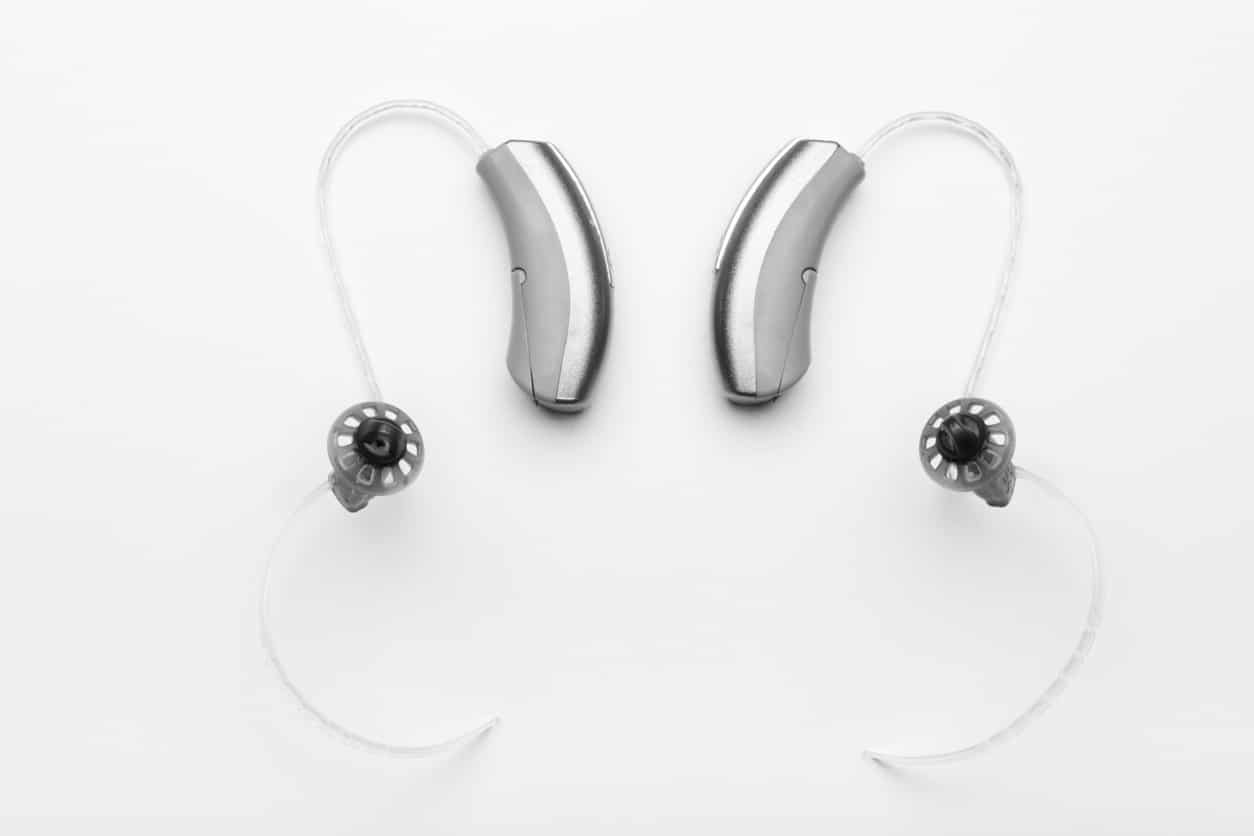Hearing Aid Hearing Aids Hearing Loss
The Emotional Impact of Hearing Loss: Understanding Anxiety and Finding Relief
Hearing loss affects approximately 15% of all U.S. adults, and although
Now part of the Beltone Hearing Care Network, visit www.beltonesound.com for a complete listing of all locations

Hearing Aid Hearing Aids Hearing Loss
Hearing loss affects approximately 15% of all U.S. adults, and although

Hearing Aid Hearing Aids Hearing Loss
Fall is the time to enjoy crisper air and brilliant shades of orange,

Hearing Aid Hearing Aids Hearing Loss
Only one in three individuals over the age of 70 who needs hearing aids